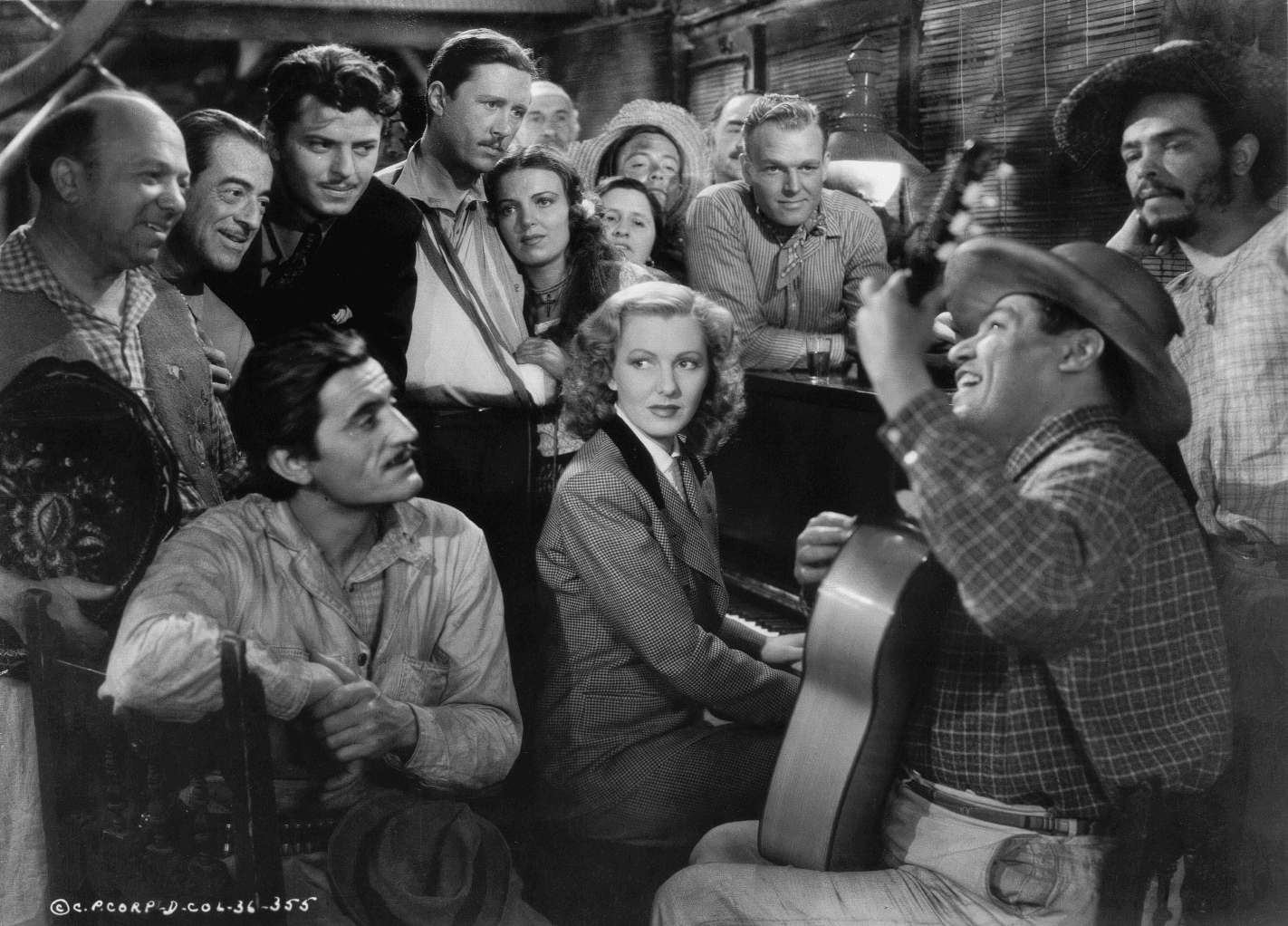Living on the Edge
Only Angels Have Wings (1939) is one of Howard Hawks’ best and most personal films. Hawks was a master of taking on the conventions of a genre and adding deeper meaning to its clichéd elements. At the same time, he was able to reinvigorate the entertainment aspects of the genre, so the end result is a far richer film than you would expect. Only Angels Have Wings is a teeth-clinching adventure film about a band of outcast pilots who bravely agree to fly a South American mail run — in weather conditions that would turn back any other pilot.
As in later Hawks films, you’ll find the themes of loyalty, personal responsibility, and group cohesion. Underneath those themes is a web of complex personal relationships. And within those relationships, you’ll encounter the problem of how we deal with — or choose not to deal with — the issue of our own mortality.
In an interview published in the February 1956 issue of Cahiers du Cinéma, Hawks describes a scene where two of the pilots deal openly with the inevitability of death:
Adventure stories reveal how people behave in the face of death — what they do, say, feel, and even think. I have always liked the scene in Only Angels Have Wings in which a man says, ‘I feel funny,’ and his best friend says ‘your neck is broken,’ and the injured man then says ‘I have always wondered how I would die if I knew I was going to die. I would rather you didn’t watch me.’ And the friend goes out and stands in the rain. I have personally encountered this experience, and the public found it very convincing.
It isn’t all doom and gloom. Only Angels Have Wings has a central life-affirming message and plenty of lighthearted moments. The pilots enjoy themselves all the more because they understand life can be fleeting. The audience’s misgivings are embodied in the Bonnie Lee character played by Jean Arthur. While she is initially repulsed by the men who appear to be insensitive to the loss of their friends, she comes to realize (as we do) that this may be the only way they can do their jobs and remain sane.
No other adventure film, that I’m aware of, does a better of job of presenting both the good effects (intense personal friendships) and bad effects (emotional scaring) that flow from a constant exposure to danger. Even more impressive is the film’s exploration of the intricate interplay between the good and bad effects. Insight into the human psyche on top of an exhilarating adventure story — what more could you ask from a Hollywood film?
Only Angels Have Wings
(1939; directed by Howard Hawks)
The Criterion Collection (Blu-ray and DVD)
Sunday, November 27 at 11:45 a.m. eastern on Turner Classic Movies
Reviews